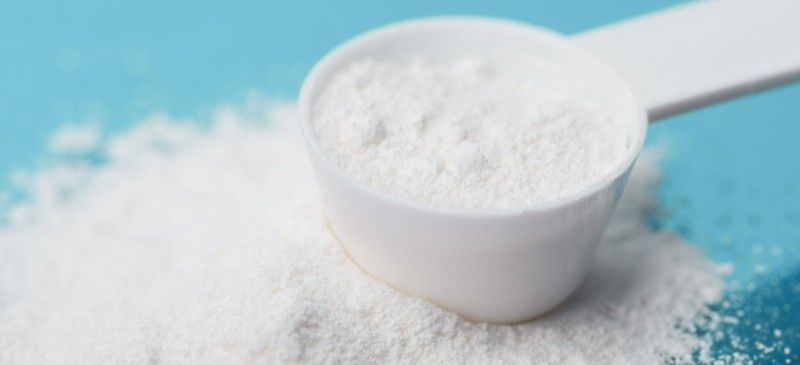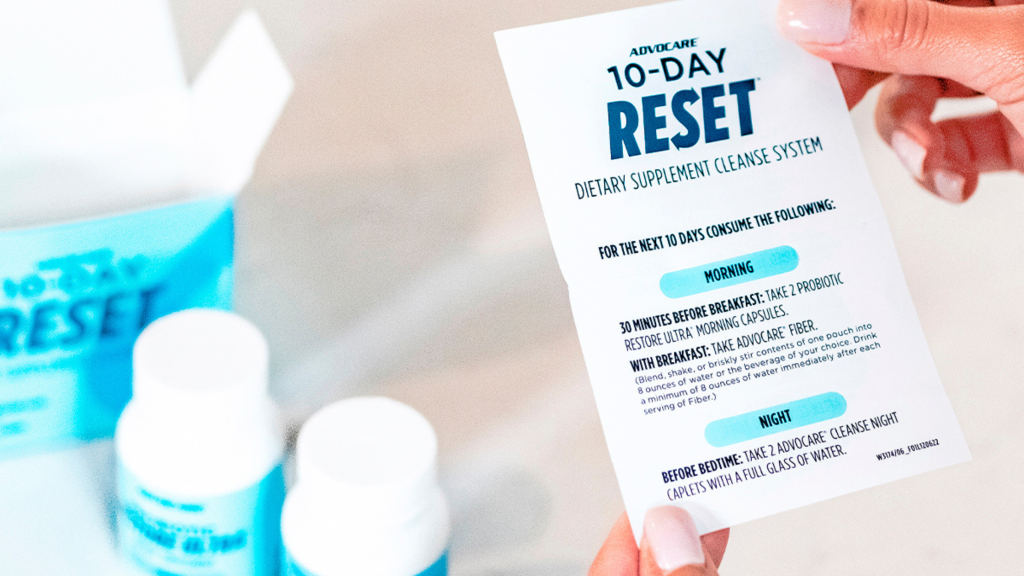WORKING OUT BUT NOT LOSING WEIGHT? HERE'S WHY
Working Out But Gaining Weight? Here’s Why
You’ve finally made it past the point of wanting to get healthy and lose weight. You’ve not only made plans for eating better and working out, but you actually put those plans into action. It’s been a month now, and not only have you not lost any weight, but you’ve actually gained some! Why?
Gaining weight at the beginning of a new exercise program is actually quite common. It’s a natural part of your body’s adaptation process.
If you haven’t exercised regularly in months, you can expect to add a few pounds at the beginning. But that’s OK. This weight gain is good weight gain , and it will do nothing to keep you from reaching your goals as long as you understand what is actually going on.
Increased Energy Reserve Capacity
Let’s assume that your calorie intake isn’t 500-1000 calories above maintenance levels on a daily basis. This is a safe assumption to make, as most weight losers don’t come anywhere close to eating maintenance calories.
So if your calories are below maintenance levels, how could you possibly be gaining weight – especially if you’ve been exercising too?
Your body stores energy in two main forms – fat and glycogen. Fat storage is fairly linear – meaning it fluctuates slowly based on your current lifestyle.
However, glycogen storage can swing wildly on a day to day basis depending on the type of exercise you do, the amount you do, the composition of your diet, and how long it’s been since you’ve done any exercise.
Glycogen Storage
Glycogen = Glucose + Water
Your body takes the glucose it gets from the carbohydrates you eat, then combines it with water and stores it in your muscles.
In fact, every gram of glucose is stored with about 3 grams of water. Taking that one step further, the average person can store about 15 g/kg of body weight of glycogen. So, let’s do a little math:
- A 200 pound person weighs about 90kg
- At 15 g/kg, that person carries 1350 grams of glycogen (15 * 90 = 1350)
- 1350 grams equals 3 pounds (1350 / 453 grams in a pound = 3 pounds)
That’s right, 3 pounds of glycogen is what this person stores on average. If he were going from a sedentary lifestyle to a very active one, the swing in water weight could be several pounds.
Going From a Sedentary to an Active Lifestyle Results in Initial Weight Gain
This is the biggest reason people see stagnant weight loss or even weight gain at the beginning of a weight loss program. They go from a sedentary lifestyle to one that is much more active. This transition causes many changes in your body.
Going from doing hardly any exercise to working out several times per week increases your muscle’s energy storage capacity. Your body needs more fuel, and it adapts by storing more of the carbohydrates you eat as glycogen in your muscle.
So when you first start a weight loss program you very well could be losing fat, but that fat loss is masked by a corresponding gain in water weight. You very easily could have lost one pound of fat the first week but gained one or more pounds of muscle glycogen.
Then, you step on the scale, see no change in weight (or possibly a gain), and think all your hard work was for nothing.
Sound familiar?
Take a look below at the progress sheet of a client of mine. She used to be very active but had been sedentary for the last 8 months. She was ready to get back into the gym and start losing weight.
But what happened at the beginning is what many people experience – weight gain even though you’re doing everything right.
Over the first 3 weeks she actually gained weight. And as you know, it can be very disheartening to be doing all that work only to see the scale increase.
But she stuck with it, and without any drastic change in calories, proceeded to lose about 7lbs and 6 inches over 12 weeks. However, her true fat loss was much higher, as her strength increased and she put on muscle during that time.
Jessica chose to continue on her own after 12 weeks, but I checked in with her a couple of months later and she was down into the 160s without having to cut any more calories. A little patience and trust in the process at the beginning really set her up for long-term weight loss.
I asked her if she was OK with me sharing her program with you and she was happy to do it if it would help others.
So if you're interested in these notes – her entire 12 week program, which includes her meal plan, exercise program, and even some personal notes, then.......
EMAIL ME AT KEVIN@HITFITNESSWAREHOUSE.com and I will send it right on over to YOU !
Weight and Fat Are Not the Same
You might think that is an obvious statement, but if it were, there wouldn’t be so many people wondering why they’re working out but gaining weight. This weight is good weight. It is fuel within the muscles for high-intensity exercise. It is going to make your muscles look full and perform their best.
Weight is comprised of muscle, water, tendons, bones, ligaments, organs, fat, and any other mass that’s part of your body. Fat is plain and simple – fat.
This is the reason why your weight fluctuates so much on a day-to-day basis. Being that your body is made up of 60% or more water, the daily number you see on the scale is typically a measure of water fluctuation.
Fat loss is much more linear and stable in comparison. Keep this in mind when you step on the scale. The number can be deceiving.
Be Prepared For Some Weight Gain
Assuming you at eating the proper amount of calories, it can sometimes take 2-4 weeks before the scale starts ticking downwards, especially if you haven’t been working out consistently. Body composition changes are occurring, they just aren’t being reflected on the scale. Not to mention, you are definitely healthier than when you started.
Pay attention to other progress markers too – how your clothes fit, the mirror, strength, confidence, improved body image, improved blood pressure, reduced stress, etc. In the end, these progress markers are more important anyways.
If they improve over weeks and months, the side effect will be weight loss. Be patient and trust the process. Your body is changing from the inside out.
EMAIL ME AT KEVIN@HITFITNESSWAREHOUSE.com to find out HOW MANY CALORIES YOU SHOULD BE EATING!
*Statistics and research from Tony Schroeber











